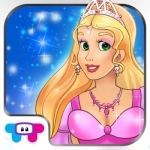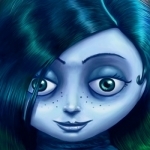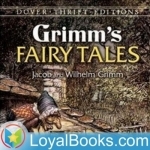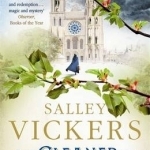
My Christmas Week - Games and Songs All Along
Book and Education
App
Our first Christmas Tale was ranked #1 iPad book app in 2010 and was the Top Selling Christmas...

Around the World in 80 Days - Kids Story Book
Book and Education
App
~~> A beautiful interactive story & an astonishing journey - Join Phileas Fogg & his good friend...

The Princess and the Pea – An Interactive Children’s Story Book HD
Book and Education
App
>>> FREE & packed with superb animation & stunning interactive activities Take your children on a...

My Little Pony: Twilight Sparkle, Teacher for a Day
Book and Education
App
“Friendship is Magic!” MY LITTLE PONY is now available as an interactive storybook to read...

Amelia - Story Book for Kids
Book and Games
App
One of the most interactive story books for iPad, iPhone and iPod touch. Discover unique adventure...

Lonely Planet Pocket Rome
Lonely Planet and Duncan Garwood
Book
Lonely Planet: The world's leading travel guide publisher Lonely Planet Pocket Rome is your passport...

Myths and Legends of Ancient Greece and Rome by E.M. Berens
Podcast
Silver footed, fair haired Thetis, Ares the God of War, Nike the Goddess of Victory, The Furies and...

Grimms' Fairy Tales by Jacob & Wilhelm Grimm
Podcast
Talking animals, wicked stepmothers, valiant tailors, cruel witches! Sixty-two stories that feature...

Baby Night Light HD
Lifestyle and Entertainment
App
Baby Nightlight is a magical app that lights up in the dark and gives off soft and comforting light...

The Cleaner of Chartres
Book
'A lovely book ...wise at heart and filled with colourful characters' Joanne Harris, author of...